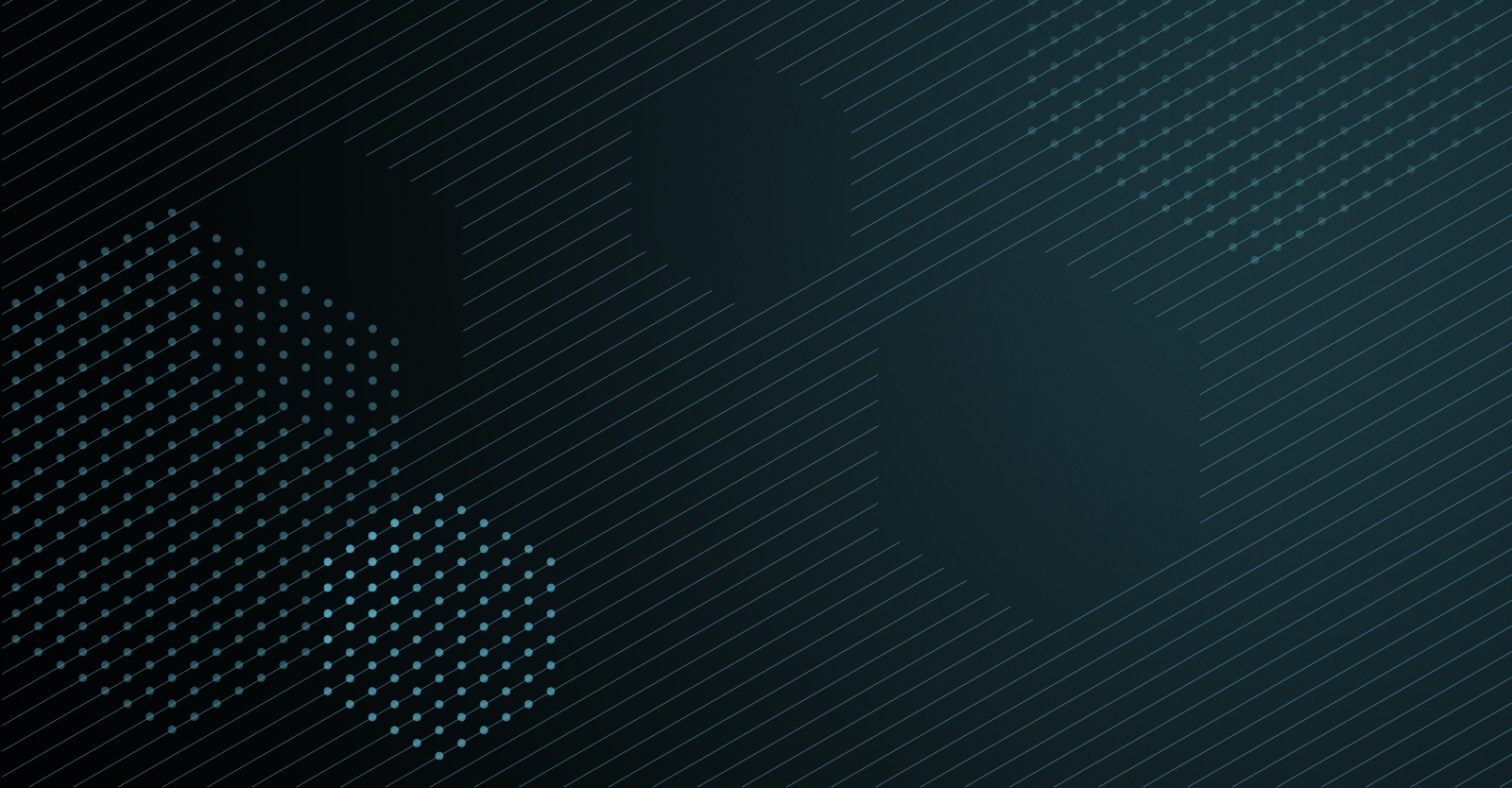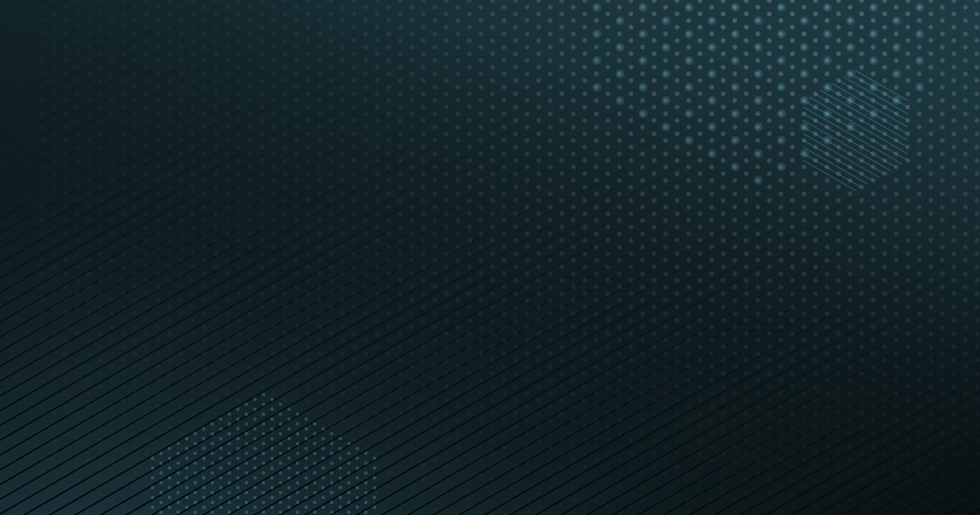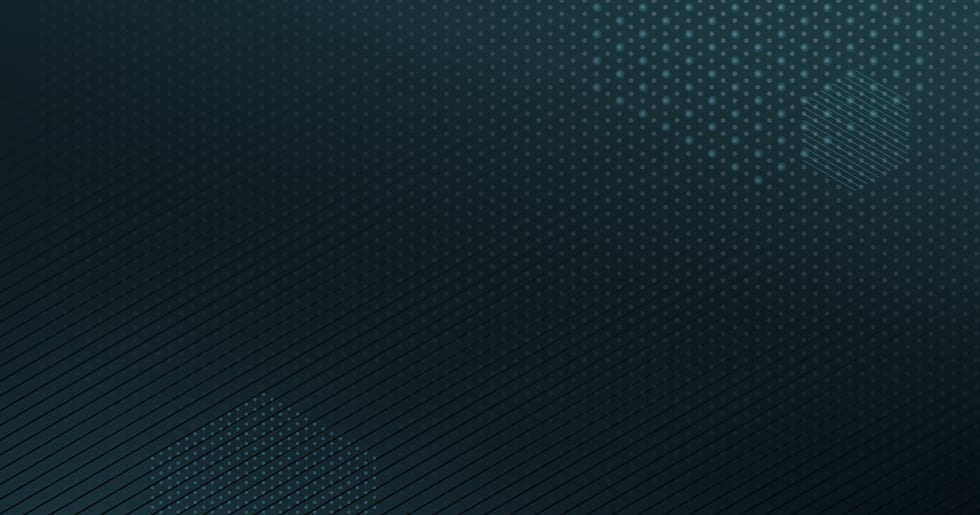Tackling a 'Silent Killer' With Data

Data promises to play a significant role in improving the diagnosis of rare diseases and cancers. By tracking and analyzing symptoms and connecting patients with the right medical experts, rare conditions can be identified and treated earlier, likely leading to better outcomes.
Cholangiocarcinoma is one such condition. The symptoms of this rare and difficult-to-diagnose bile duct cancer often either go unnoticed or are attributed to other ailments. As a result, cholangiocarcinoma often remains undiagnosed until the disease is at an advanced stage – at which point treatment is only minimally effective.
The Cholangiocarcinoma Foundation hopes to change that. Since 2006, the foundation has supported researchers, driven public awareness of cholangiocarcinoma, and provided the patient community with tools and educational resources to get ahead of their diagnoses. Since 2018, they have offered patients a specialist-finder through a partnership with Komodo Health.
In the latest installment of our series, For the Health of It, Komodo Health Chief Marketing Officer Bill Evans interviewed Stacie Lindsey, Founder and Chief Executive Officer at the Cholangiocarcinoma Foundation, about how data may play a role in the diagnosis and treatment of this silent killer.
Check out the video of the conversation between Bill and Stacie. A transcript of their discussion follows:
Bill Evans: Welcome to For the Health of It. I’m your host Bill Evans. In this series, we bring together some of the world’s top health experts and industry luminaries to discuss some of the biggest challenges and trends in healthcare today.
We’re excited to be joined by Stacie Lindsey, Chief Executive Officer and Founder of the Cholangiocarcinoma Foundation, to talk about how data and technology can help enable earlier diagnoses and better treatments for this rare and difficult-to-diagnose cancer. Welcome, Stacie.
Stacie Lindsey: Thank you, Bill. Glad to be here.
Bill: Could you start a little bit by telling us about the Cholangiocarcinoma Foundation's mission and an overview of the work your organization's work to support this community?
Stacie: Sure. Our mission is to support patients and caregivers as they navigate diagnosis and the treatment journey. But also, on the big scale, we want to see a cure. We’d like to make this a treatable disease.
We work from three specific buckets:
The first is the patient's education and advocacy. We have many programs to support them: the mentoring program that helps them, navigation to help them make specific decisions, a specialist map to help them get access to second opinions, and a lot of video and educational programs that are very helpful.
We also [bring together] clinicians and professionals through our international Cholangiocarcinoma Research Network.
The third bucket that we work hard on is basic science and [supporting] lab scientists. We work with them to make sure that all researchers have the basic resources that they need to study this disease.
Bill: Each year, about 8,000 people are diagnosed with this disease. Unfortunately, because the symptoms early on are often unnoticed, it’s hard to detect or diagnose. Why is it so hard for detection to happen early on? And what are some indicators that can be tracked to help move diagnosis earlier in the treatment cycle?
Stacie: Early diagnosis would be a dream for Cholangiocarcinoma patients. One of the reasons it is so hard to diagnose is that early symptoms are often the kinds of things that could be attributed to so many other things – like fatigue, maybe some back pain, some GI pains. You might think, “Oh gosh, maybe I’m getting an ulcer,” or “Maybe, you know, I've just worked too hard, I’ve got too much stress.” Those kinds of things. So usually, by the time a patient has jaundice, yellowing of the skin, a clay-colored stool, or something else that [indicates] something else going on in the body, they’re usually at a late stage [of the disease].
Bill: What role can data play to accelerate the ability to get an earlier diagnosis? How is your organization helping to advance that mission?
Stacie: The Cholangiocarcinoma Foundation was kind of a pilot in the nonprofit area with Komodo. As we looked at our options, we had a lot of conversations about what we could and couldn't do, including things that we’d never even dreamed of doing. And of course, for a PSC (primary sclerosing cholangitis) patient, imagine if your longitudinal health history was being tracked by Komodo. And they [Komodo] were watching carefully as those years went on to see if there were any additional signs or symptoms coming up that could turn you toward an early diagnosis of cholangiocarcinoma.
Bill: You mentioned patient empowerment. I assume there’s a number of challenges patients face when trying to get to an accurate diagnosis and then find effective treatment and care, even something as critical as connecting with a specialist. Can you talk about the challenges this community faces?
Stacie: Access is everything to these patients. Cholangiocarcinoma is very difficult to diagnose, and it’s difficult to treat. It requires specialists to see these patients and a multidisciplinary team working together to determine the right treatment pathway. One of the things we offer patients on the Cholangiocarcinoma Foundation website is a specialist map that is powered by Komodo. It’s objective information, with an algorithm that helps a patient find (within their area, their state, or other states they want to go to) a specialist who sees a high volume of cholangiocarcinoma patients, has publications, is involved in clinical trials, and has a high interinstitutional referral rate.
Bill: Well, Stacie, it’s been great to have you here. I want to thank you so much for sharing your insights and your thoughts today. To learn more about cholangiocarcinoma and the importance of diagnosing this silent killer, please visit the foundation’s website at Cholangiocarcinoma.org. And to learn more about Komodo and how we are working to reduce the burden of disease, please check out komodohealth.com and be sure to follow us on social media including LinkedIn and Twitter for news and updates about future episodes. This has been For the Health of It. See you next time.





